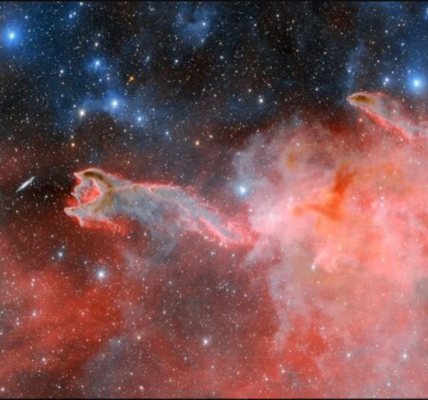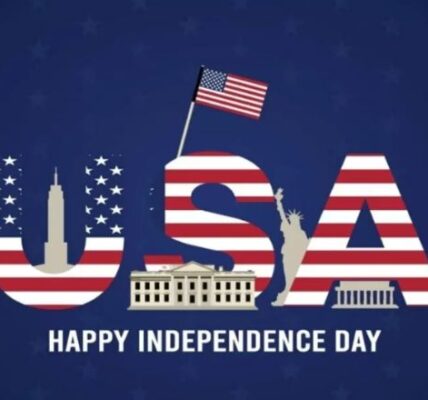Every year on August 15th, India comes alive with vibrant celebrations, flag hoisting ceremonies, and patriotic fervor as the nation commemorates its Independence Day. This day marks the end of British colonial rule in 1947 and the birth of India as a sovereign nation. As the world’s largest democracy, India’s Independence Day is not just a national holiday but a day of reflection, pride, and remembrance of the sacrifices made by countless freedom fighters. In this article, we delve into the history, significance, and modern-day celebrations of India’s Independence Day.

The Historical Struggle for Independence
India’s journey to independence was long and arduous, characterized by years of struggle, sacrifice, and resilience. The British East India Company began its conquest of India in the 17th century, and by the mid-19th century, the British Crown had taken full control of the subcontinent. For nearly 200 years, India was subjected to British colonial rule, which led to widespread economic exploitation, social injustice, and political repression.
The fight for independence gained momentum in the late 19th and early 20th centuries with the rise of the Indian National Congress (INC) and other nationalist movements. Leaders like Mahatma Gandhi, Jawaharlal Nehru, Subhas Chandra Bose, Sardar Vallabhbhai Patel, and Bhagat Singh emerged as prominent figures in the struggle for freedom. Gandhi’s philosophy of non-violent resistance, or Satyagraha, became a powerful tool in the fight against British rule. From the Salt March of 1930 to the Quit India Movement of 1942, the Indian freedom struggle was marked by mass protests, civil disobedience, and significant sacrifices.
Despite the British government’s efforts to suppress the independence movement, the determination of the Indian people only grew stronger. The aftermath of World War II and the changing global political landscape weakened Britain’s hold on its colonies, making it increasingly difficult to maintain control over India. After years of negotiation, protests, and persistent demands for self-rule, India finally achieved independence on August 15, 1947.
The Significance of August 15th
August 15th is not just a date on the calendar; it represents the culmination of centuries of resistance and the dawn of a new era for India. On this day in 1947, India’s first Prime Minister, Jawaharlal Nehru, delivered his famous “Tryst with Destiny” speech, heralding the birth of an independent India. Standing before the Constituent Assembly, Nehru spoke of India’s long journey to freedom and the responsibilities that lay ahead for the newly sovereign nation. His speech, delivered at the stroke of midnight, is remembered as one of the most iconic moments in Indian history.
The significance of Independence Day lies not only in the celebration of freedom from colonial rule but also in the recognition of the unity and diversity that define India. The day serves as a reminder of the sacrifices made by countless individuals who fought for the nation’s independence, often at the cost of their lives. It is a time to honor their memory and to renew the commitment to building a just, equitable, and prosperous India.
Modern-Day Celebrations
India’s Independence Day is marked by a variety of celebrations across the country. The most prominent event takes place at the Red Fort in New Delhi, where the Prime Minister hoists the national flag and delivers a speech to the nation. This ceremony is attended by dignitaries, military personnel, and thousands of citizens, and it is broadcast live on television and radio. The Prime Minister’s speech typically reflects on the nation’s achievements, challenges, and future aspirations.
The flag-hoisting ceremony is accompanied by a 21-gun salute, followed by a grand parade featuring the Indian armed forces, police, and cultural performances. The parade showcases India’s military prowess, cultural diversity, and technological advancements. The flypast by the Indian Air Force, with its impressive display of fighter jets and helicopters, is one of the highlights of the event.
Across the country, schools, colleges, government offices, and residential communities organize their own flag-hoisting ceremonies and cultural programs. Patriotic songs, dances, and speeches are an integral part of these celebrations, fostering a sense of national pride and unity among people of all ages. In many places, kites are flown in the sky, symbolizing freedom and the spirit of independence. The skies are dotted with colorful kites, adding to the festive atmosphere.
Independence Day: A Time for Reflection
While Independence Day is a time for celebration, it is also a day of reflection on the challenges that India faces as a nation. Despite the progress made since 1947, India continues to grapple with issues such as poverty, inequality, corruption, and communal tensions. Independence Day serves as an opportunity for citizens and leaders alike to reflect on these challenges and to renew their commitment to addressing them.
The day also highlights the importance of safeguarding the democratic values enshrined in the Indian Constitution. As the world’s largest democracy, India’s strength lies in its commitment to pluralism, secularism, and the rule of law. However, these values must be continually upheld and defended in the face of internal and external threats.
In recent years, there has been a growing emphasis on celebrating Independence Day with a focus on social responsibility and community service. Many organizations and individuals use the occasion to launch initiatives aimed at improving the lives of underprivileged communities, promoting environmental sustainability, and fostering social harmony. Such initiatives serve as a reminder that the true essence of independence lies in the collective effort to build a better nation for all.
Conclusion
India’s Independence Day is a celebration of the nation’s hard-won freedom and its enduring spirit of unity and diversity. It is a day to honor the sacrifices of those who fought for independence and to reflect on the responsibilities that come with it. As India continues to evolve and grow on the global stage, Independence Day serves as a reminder of the values that define the nation and the challenges that lie ahead. It is a day of pride, reflection, and renewed commitment to the ideals of justice, equality, and freedom for all.





